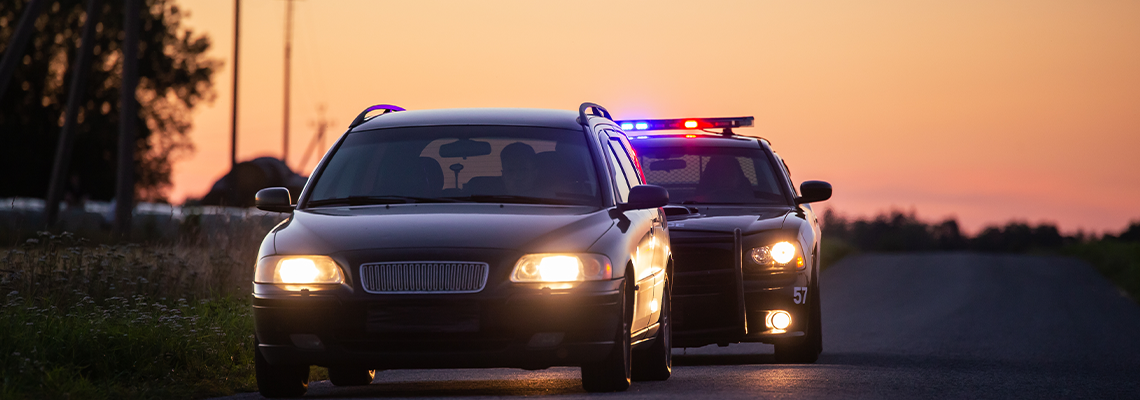When facing criminal charges, understanding the difference between a felony and a misdemeanor is critical. Felonies and misdemeanors carry very different consequences, and knowing what is at stake can make a big difference when planning a defense.
What Conor Mc Gregor’s Case Can Teach Us About Criminal Defense
Whether or not you follow professional sports, you’ve likely heard about an incident involving former UFC lightweight champion Conor McGregor and his recent attack on a bus containing several UFC fighters at the Brooklyn Barclays Center.
In case you haven’t seen the news, McGregor crashed a media event promoting UFC 223 at the Barclays Center on April 5. He wasn’t scheduled to fight in UFC 223. Instead, he was looking to retaliate for an insult towards his camp from another fighter. McGregor and several members of his crew hurled dollies and trash cans at a bus, injuring a few people in the process.
McGregor turned himself into the New York Police Department. He was then arrested and charged with several misdemeanors and two felony counts. Bail was set at $50,000.
Even if you’ve never stormed a media event seeking vengeance on your mixed martial artist enemies or attacked a large passenger bus, you can still learn some basic lessons about criminal law by understanding a few things about McGregor’s case.
Lesson Number 1: Not All Crimes Are Created Equal
McGregor was charged with two felonies, both of which were considered mischief. Punishments for mischief charges relate largely to the monetary value of a damaged property, and often mischief charges can be reduced if restitution is paid. While there were charges related to assault and people suffered injuries during the incident, those charges were misdemeanors, which are considered lower-level crimes, but may be more difficult to get reduced.
The takeaway is that a charge involving a violent crime may result in a harsher penalty than one involving only property damage.
Lesson Number 2: Bail Often Reflects Someone’s Personal Circumstances
McGregor is not a US citizen and was in the US on a Visa. That along with his leadership status within the group that attacked the bus and the strength of the video evidence played a role in the bail amount. Because McGregor doesn’t live in the U.S., he would naturally be considered a greater flight risk, which means that he could leave the country before his trial.
Finances also play a role in bail, because, with McGregor’s wealth, it is easier for him to leave the US. For example, McGregor’s colleague and fellow Irishman Cian Cowley faces similar charges, but his bail was set at $25,000. There are likely many factors that play into the disparity between the two, but McGregor’s status, including his personal wealth, likely played a role in that difference.
Bail is a controversial and complex issue in our justice system, but it’s important to understand that flight risks are the major considerations in the bail determination process.
Lesson Number 3: Social Media Is a Dangerous Territory for Someone with Legal Issues
On the Monday morning following the incident, McGregor made more headlines like this one from the Washington Post.
“Conor McGregor finally responds to his arrest — with a cryptic emoji”
Reading the front end of that headline leads you to believe that McGregor was making a public statement about his legal entanglements, which bring us to our third lesson. When you post on social media, you are, in fact, making a public statement.
While McGregor’s vague post probably won’t wreak havoc on his defense, it highlights the fact that whatever you say on social media can be used against you. Speaking about your case is never a good idea, particularly on social media. Even posting things that aren’t related to your case is not advisable.
If you’re charged with any crime or suspect that you could be charged with a crime, do yourself a favor and stay away from social media.
McGregor’s case will likely continue to make headlines in the weeks and months ahead. It’s unclear how things will turn out for the celebrity mixed martial artist, but much of his fate will be in the hands of the justice system, his defense team and McGregor himself.
If you’ve been charged with a crime in New York and want to speak to a criminal defense attorney, contact Michael D. Litman to learn more about your options.
RECENT POSTS
Driving while intoxicated (DWI) charges in New York carry serious and lasting consequences. When someone pleads guilty or is convicted, the impact goes far beyond fines or jail time.




